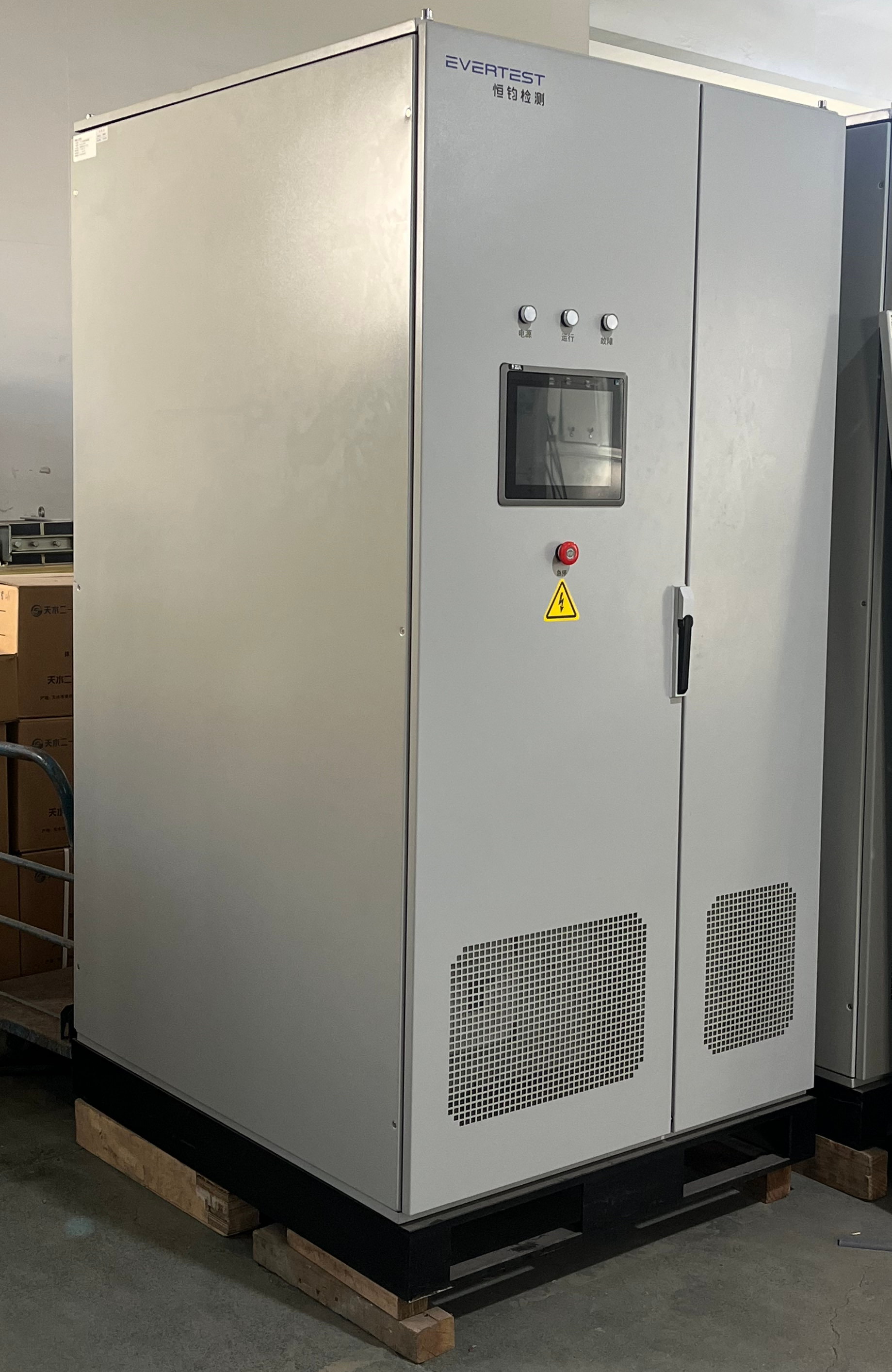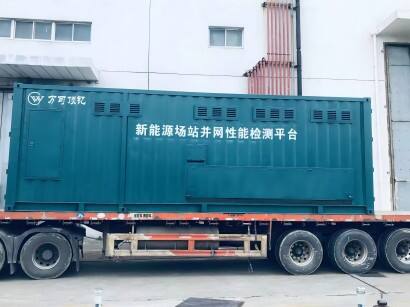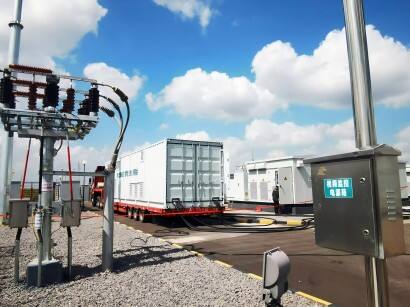highdensity power testing
High density power testing represents a crucial advancement in power system validation and verification technology. This sophisticated testing methodology enables comprehensive evaluation of power components and systems under extreme conditions, simulating real-world scenarios with unprecedented accuracy. The system employs state-of-the-art equipment capable of generating and measuring high power densities within controlled environments, ensuring both safety and precision. Modern high density power testing facilities incorporate advanced monitoring systems, data acquisition tools, and automated control mechanisms to maintain testing parameters within specified tolerances. These facilities can conduct various tests, including thermal performance assessment, power efficiency evaluation, and reliability verification under high-stress conditions. The technology proves particularly valuable in testing power electronics, electrical distribution systems, and energy storage solutions. Testing procedures typically involve rigorous protocols that assess component performance, durability, and safety compliance under various power loads and environmental conditions. The methodology accommodates both AC and DC power testing scenarios, making it versatile for different industrial applications. This comprehensive approach to power testing has become indispensable in industries such as aerospace, automotive, renewable energy, and industrial manufacturing, where power system reliability is paramount.




